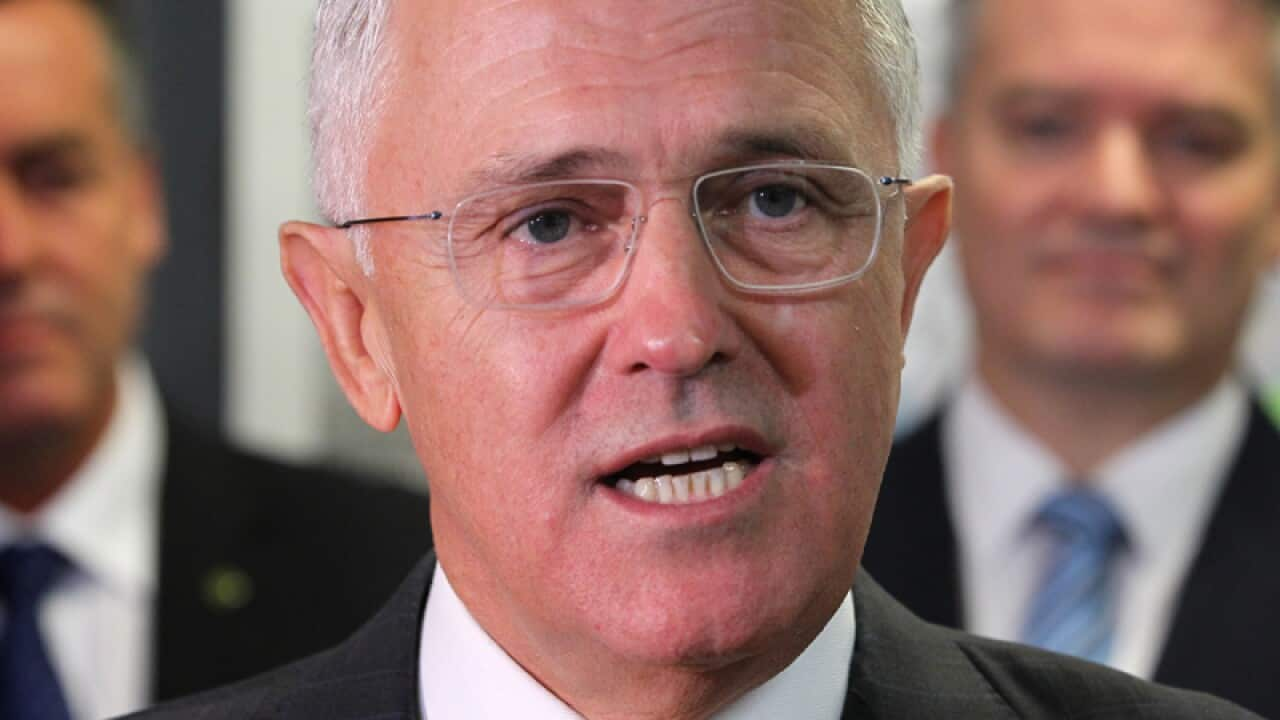Prime Minister Malcolm Turnbull's first stop during his week-long visit to China will be Shanghai where he will attend the ‘Australia in China’ forum.
More than 1,000 Australian business leaders have arrived in China, making up Australia’s largest ever trade delegation to the country.
During the week-long exchange representatives will be promoting everything from healthcare services to healthy foods, hoping to feed China’s growing hunger for premium services and products.
Austrade Trade Commissioner Chuyang Liu said the business delegates are responding to the demands of China’s growing middle class.
“The delegation is here to build business synergy, to build people-to-people synergy. In any market, and especially with the culture here," Ms Liu said.
"That’s the first step, to gain trust, and then you start to pave the way for the relationship."
It is this relationship that Prime Minister Malcolm Turnbull hopes to strengthen when he arrives in Shanghai. Commercially, the two countries are closer than ever before.
“The Prime Minister has previously said, and in a well-judged way, that China’s behaviour in the South China Sea seems to be a bit perplexing."
Last year, Australia’s trade with China was valued at $150 billion and more than one million Chinese people visited Australia.
Australian agri-food producers have also just launched a new unified export branding campaign called ASA100, which aims to further capitalise on the China-Australia Free Trade Agreement.
Related reading

PM to canvas 'range of issues' in China
This will be Malcolm Turnbull’s first visit as Prime Minister, but former Australian ambassador to China Geoff Raby says he’s no stranger to doing business with China.
“(The) Prime Minister does have a good background on China, a lot of experience," Mr Raby said.
"Uniquely for an Australian leader in recent times, (Turnbull) does have a very good understanding of contemporary China as it is today."
It is not just trade that is on the table. Mr Turnbull will be meeting with both Chinese president Xi Jinping and Premier Li Keqiang in Beijing, and an expected talking point is China’s actions in the South and East China seas, where regional tensions are growing due to Chinese reclamation of contested islands and reefs.
Defence analysts believe China is militarising the zone, a claim which China denies. The Philippines has sought international arbitration and the US Navy has led freedom-of-navigation activities in the disputed waters.
Australia has said it won’t take sides, but has called for a peaceful resolution.
Related reading

Chinese premier speaks on South China Sea
Mr Raby believes Mr Turnbull will assert Australia’s position on the South China Sea dispute without compromising its business relationship.
“The Prime Minister has previously said, and in a well-judged way, that China’s behaviour in the South China Sea seems to be a bit perplexing,” Mr Raby said.
More than 60 per cent of Australia’s international freight passes through the South China Sea.
Mr Turnbull has described China’s apparent deployment of surface-to-air missiles in the area as "counterproductive". The point was also raised by Foreign Affairs Minister Julie Bishop during a visit to Beijing in February.
The Chinese government recently expressed its displeasure with Australia's new defence spending plan, as well as discussions to host US B-1 Bombers in the Northern Territory.
Related reading

China 'concerned' over US, Australia bomber talks
Professor Jia Qingguo, who is the Dean of the School of International Studies at Peking University, said China’s actions in the South China Sea are defensive.
“As far as the areas which are closest to the coast of China, even though they are in high sea, the foreign military ships and aeroplanes there can cause a threat to China," he said.
"So China hopes that other countries would be more respectful on this kind of issue.”
The South China Sea isn’t the only sensitive issue Malcolm Turnbull is expected to raise. Human rights and tightening media control are tipped to also be on the agenda.
Despite these differences, Mr Raby says the focus on the tour is likely to remain on common interests – particularly in regards to business.
“Both sides are very experienced and adept at managed differences," Mr Raby said.
"I think the model really articulated very clearly by Prime Minister Howard many years ago, and is one that has served us well, is to focus on areas of common interest.”









